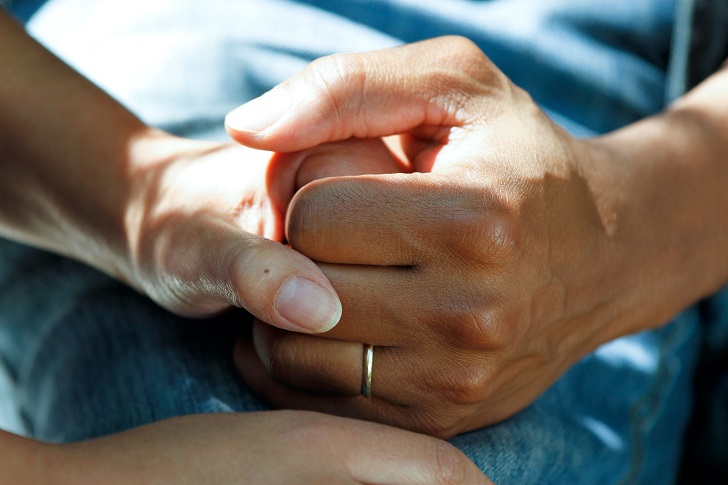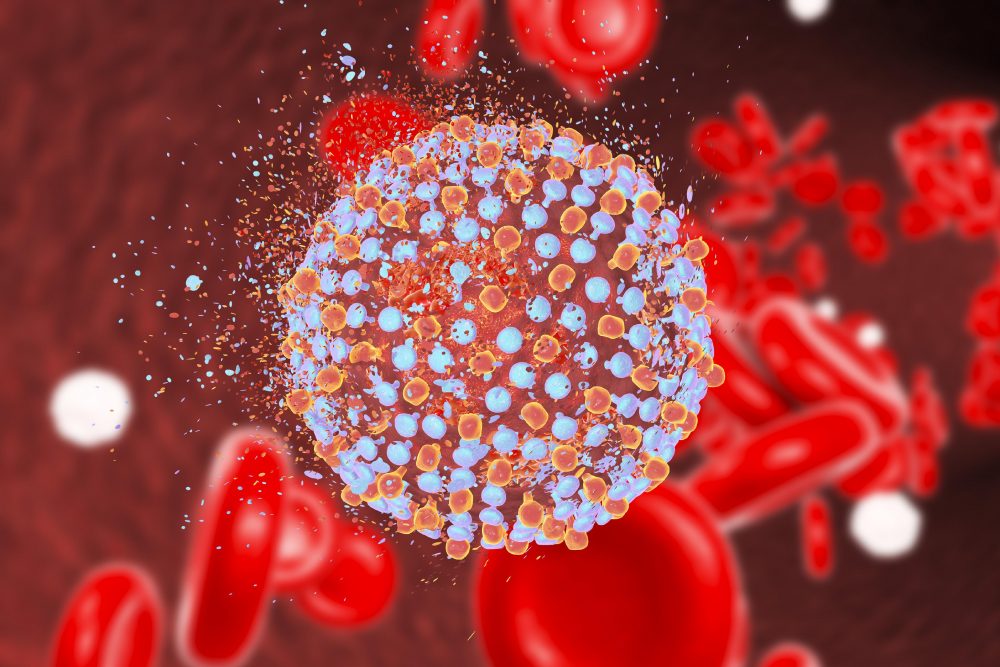Getting a diagnosis of cancer is itself a shock, and now recent studies have shown that cancer patients are more likely to suffer from depression, anxiety, and suicidal tendencies.
A recent study that looks into the mental health of cancer patients, especially those with the more aggressive types of carcinomas, confirms that the disease is affecting patients both mentally and physically. Additionally, it also wreaks havoc on the patient’s emotional state if they are undergoing chemotherapy or have received a poor prognosis.

National Cancer Institute/Unsplash. The study on the mental health of cancer patients will increase awareness among caretakers and family members.
Researchers have hoped that the findings of their study would make healthcare providers and family members of cancer patients more vigilant and careful of their mental health. It is imperative that they look out for symptoms and risk factors for anxiety and depression among cancer patients early on so as to start immediate treatment and minimize the impact the illnesses can have on their minds and bodies.
It is also extremely important that cancer patients are made aware of the duress they can face in their emotional and mental health while opting for treatment.

Angiola Harry/Unsplash. Cancer patients and caretakers should mutually decide on the treatment options.
According to researchers, both the patient and the health care provider should collaborate on the decision-making process, laying out all the pros and cons of treatment options. The patient must be informed of all the psychological implications certain treatments can have beforehand so that they can make an informed decision.
Some previous research studies conducted on this subject support the findings of this latest study and reveal that cancer patients are more likely to have suicidal tendencies as compared to others. It is also believed that the cancerous tumors could have a neuropsychiatric effect, while their treatment could also be one factor behind deteriorating mental health.

Nik Shuliahin/Unsplash. Cancer patients have alarmingly high suicidal tendencies as compared to the general population.
Living with a cancer diagnosis can also wreak havoc with a person’s mental and emotional health.
One of the first studies that looked into the mental health of cancer patients analyzed 22 million cancer patients and took into account a number of factors like time since diagnosis, prognosis, and type of cancer. The results they found were alarming, to say the least. The suicide rate was 85% higher among cancer patients when compared to the general population. Patients with poor prognoses experienced higher suicide rates as compared to the patients with better prognoses. Geographically speaking, patients in the U.S. had higher suicide rates as compared to other developed countries, which is probably due to the high cost of medical care in the United States.















